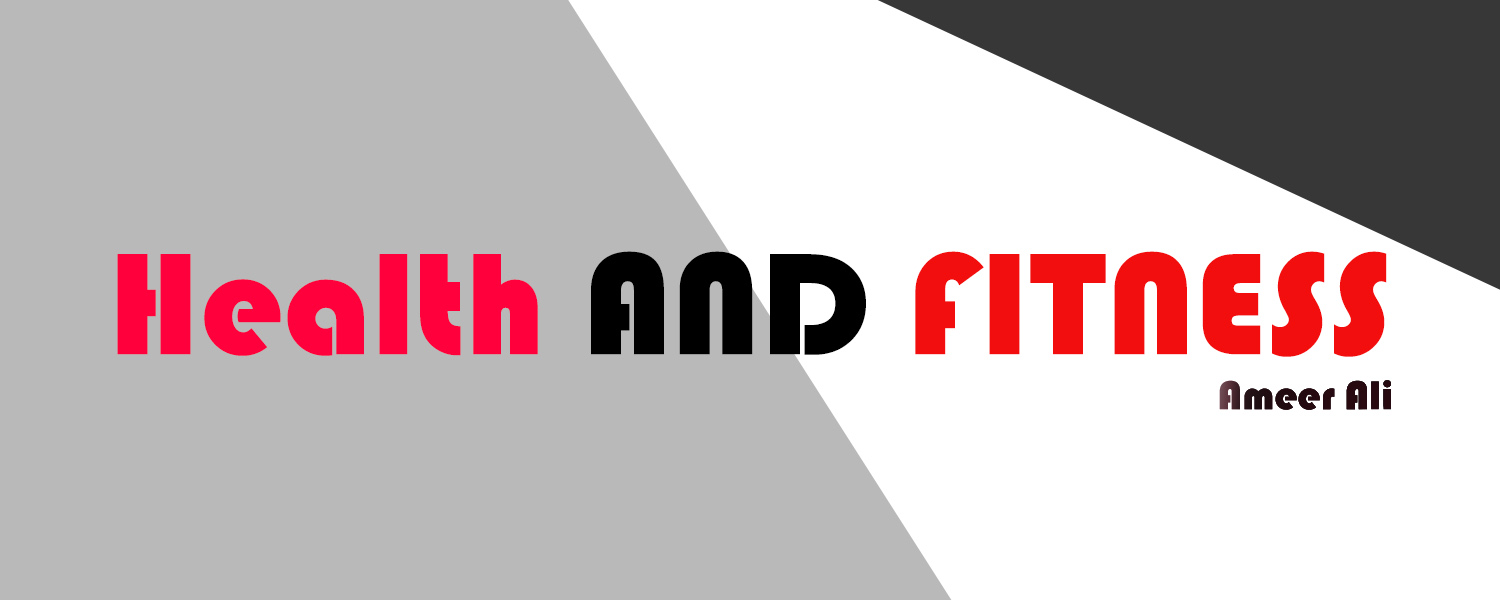Are you considering private healthcare coverage for you and your family? With the rising costs of healthcare and the increasing demand for quality medical services, many people are turning to private healthcare agencies to ensure they receive the best care possible. However, before making this important decision, it's crucial to understand the pros and cons of private healthcare coverage.
What is Private Healthcare Coverage?
Private healthcare coverage is a form of healthcare insurance that is offered by private healthcare agencies. These agencies are typically for-profit companies that offer healthcare coverage to individuals and families who are willing to pay a premium for their services. Unlike public healthcare coverage, which is provided by the government and funded by taxpayers, private healthcare coverage is paid for by the individual or employer who purchases the policy.
How Does Private Healthcare Coverage Work?
Private healthcare coverage works by providing individuals and families with access to private medical services. This includes access to private hospitals, clinics, and medical professionals who are not part of the public healthcare system. Private healthcare agencies typically offer a variety of different plans and policies, each with its own set of benefits and costs. Individuals and families can choose the plan that best fits their needs and budget, and pay a monthly premium to maintain their coverage.
The Pros of Private Healthcare Coverage
There are several benefits to choosing private healthcare coverage over public healthcare coverage.
Access to High-Quality Medical Services
One of the main advantages of private healthcare coverage is that it provides individuals and families with access to high-quality medical services. Private healthcare agencies often work with top-notch medical professionals and offer state-of-the-art medical facilities. This means that individuals and families can receive the best possible care when they need it.
Shorter Wait Times
Another advantage of private healthcare coverage is that it often comes with shorter wait times for medical services. Because private healthcare agencies are not part of the public healthcare system, they are not subject to the same wait times as public healthcare facilities. This means that individuals and families can receive medical treatment more quickly, which can be especially important for those who are dealing with serious medical conditions.
More Control Over Medical Treatment
Private healthcare coverage also gives individuals and families more control over their medical treatment. With private healthcare coverage, individuals and families can choose their own doctors and medical professionals, and have more say in the types of treatments and procedures that are used. This can be especially important for those who have specific medical needs or preferences.
Additional Services
Private healthcare coverage often comes with additional services that are not covered by public healthcare coverage. This may include things like dental care, vision care, and alternative therapies. These additional services can be especially important for individuals and families who have specific healthcare needs.
The Cons of Private Healthcare Coverage
While there are many advantages to private healthcare coverage, there are also some potential drawbacks to consider.
Higher Costs
One of the biggest drawbacks of private healthcare coverage is that it can be more expensive than public healthcare coverage. Private healthcare agencies often charge higher premiums than public healthcare providers, and there may be additional costs for things like deductibles and co-pays. This can make private healthcare coverage unaffordable for some individuals and families.
Limited Coverage
Private healthcare coverage may also come with limited coverage for certain medical services. This may include things like pre-existing conditions, experimental treatments, and certain types of procedures. Individuals and families who require these types of medical services may not be able to access them through private healthcare coverage.
Lack of Accessibility
Private healthcare coverage may also be less accessible than public healthcare coverage. Private healthcare agencies may only offer coverage in certain geographic areas or may only work with certain medical professionals. This can limit individuals and families who require medical services that are not


.webp)
.webp)
.webp)
.png)


.webp)